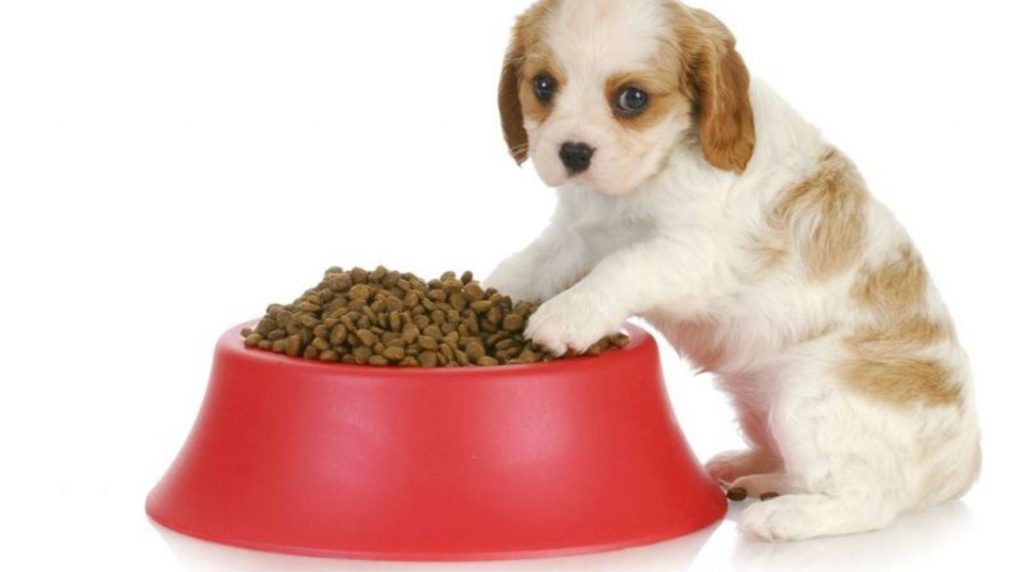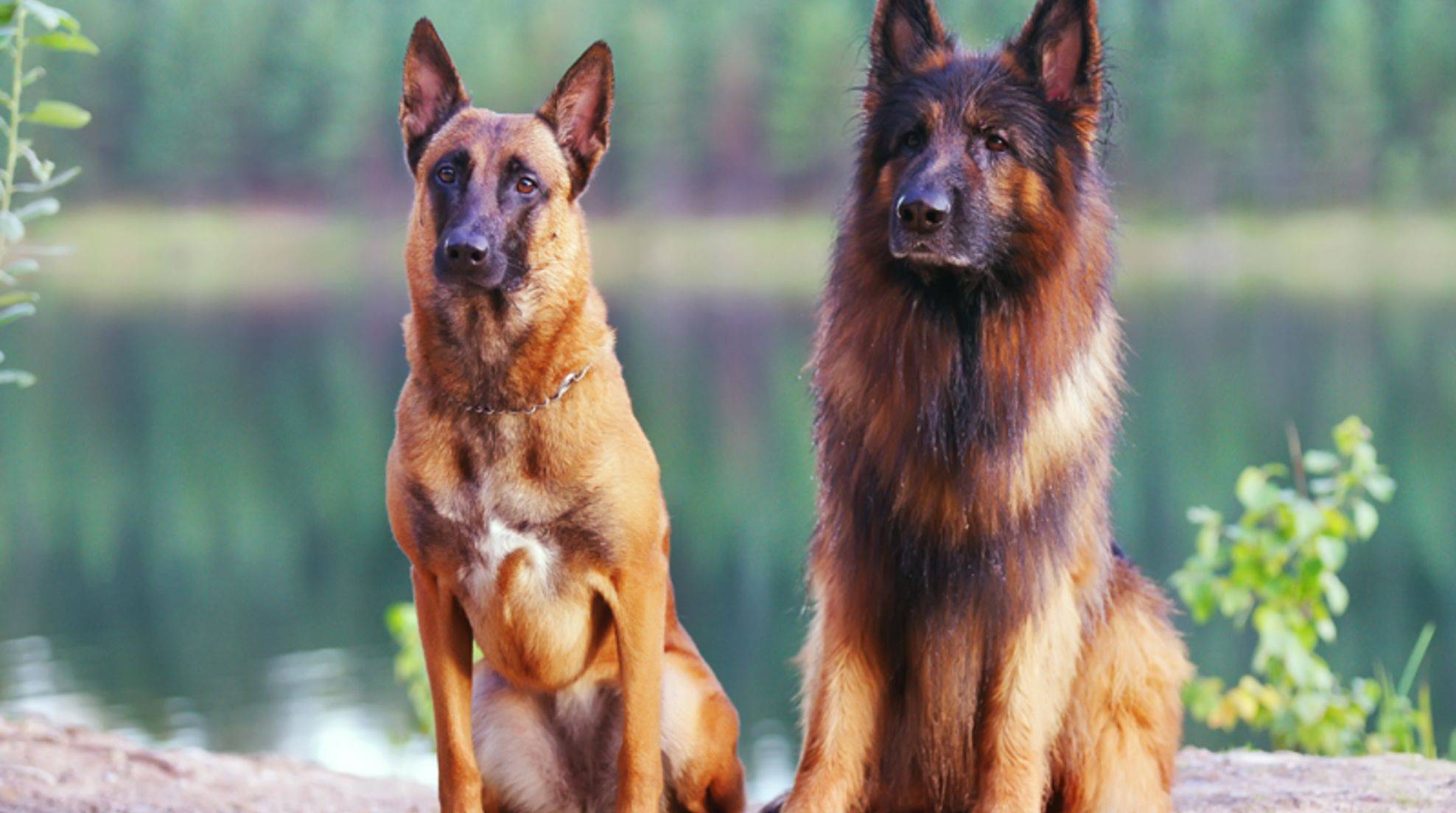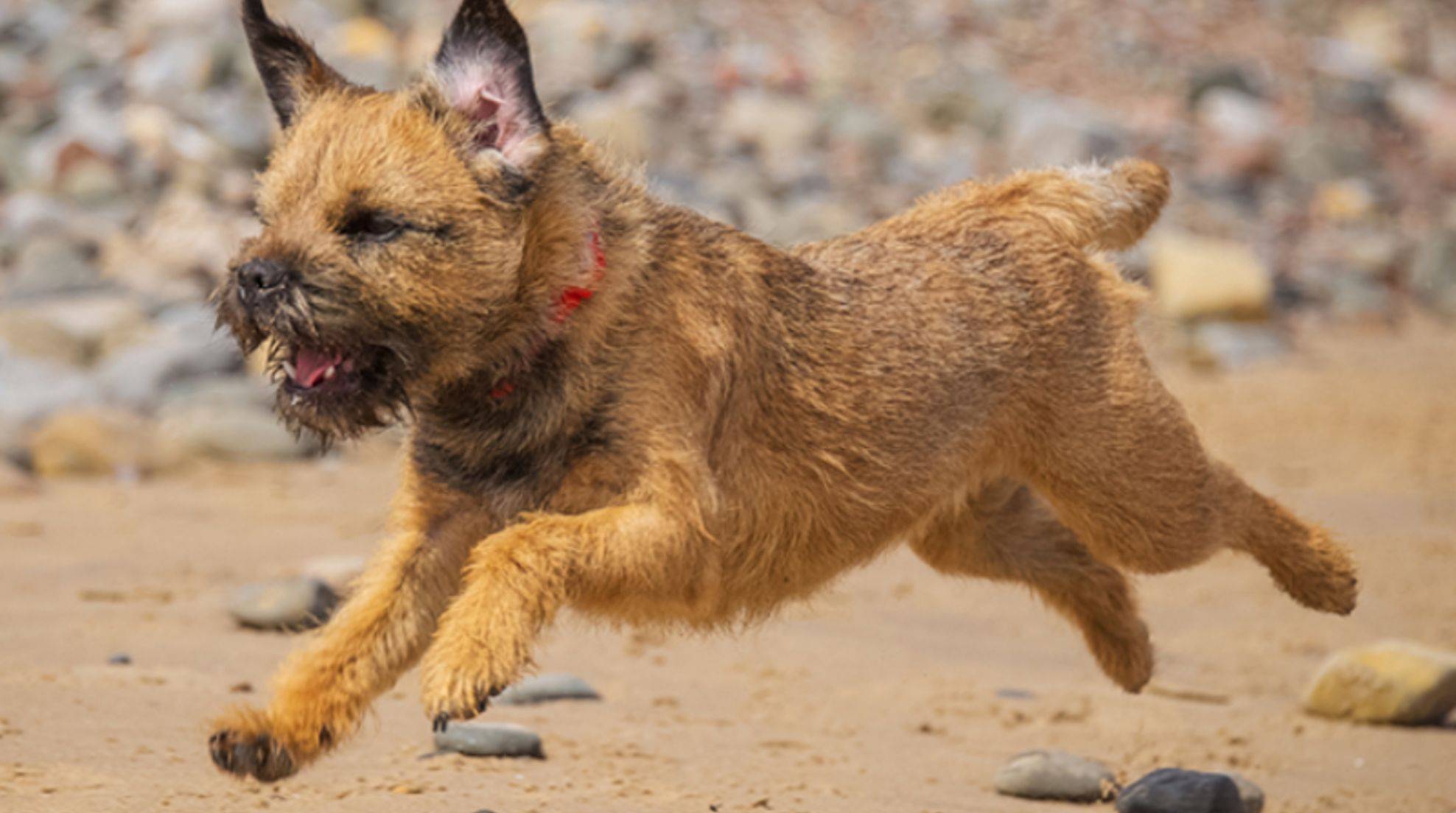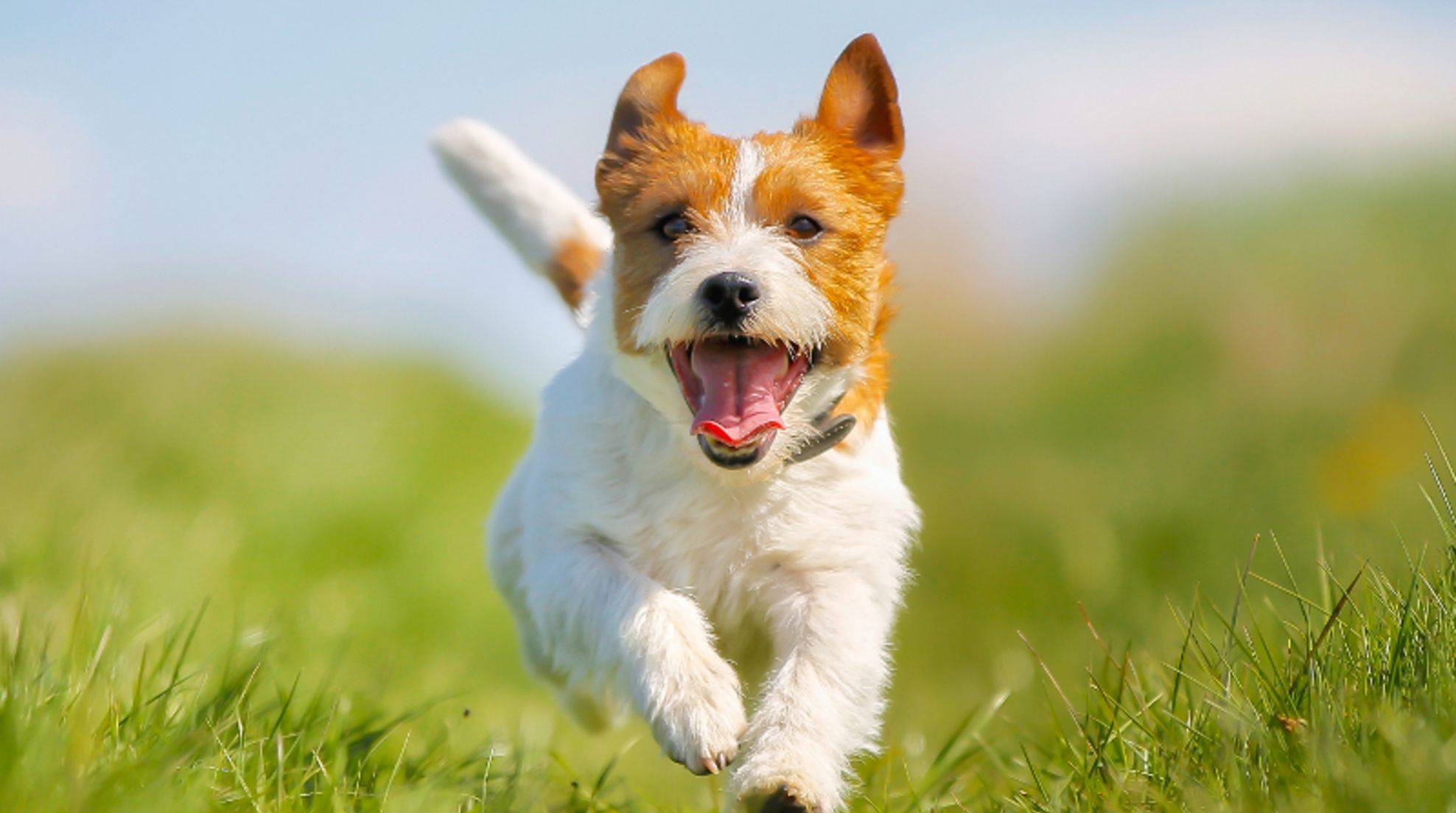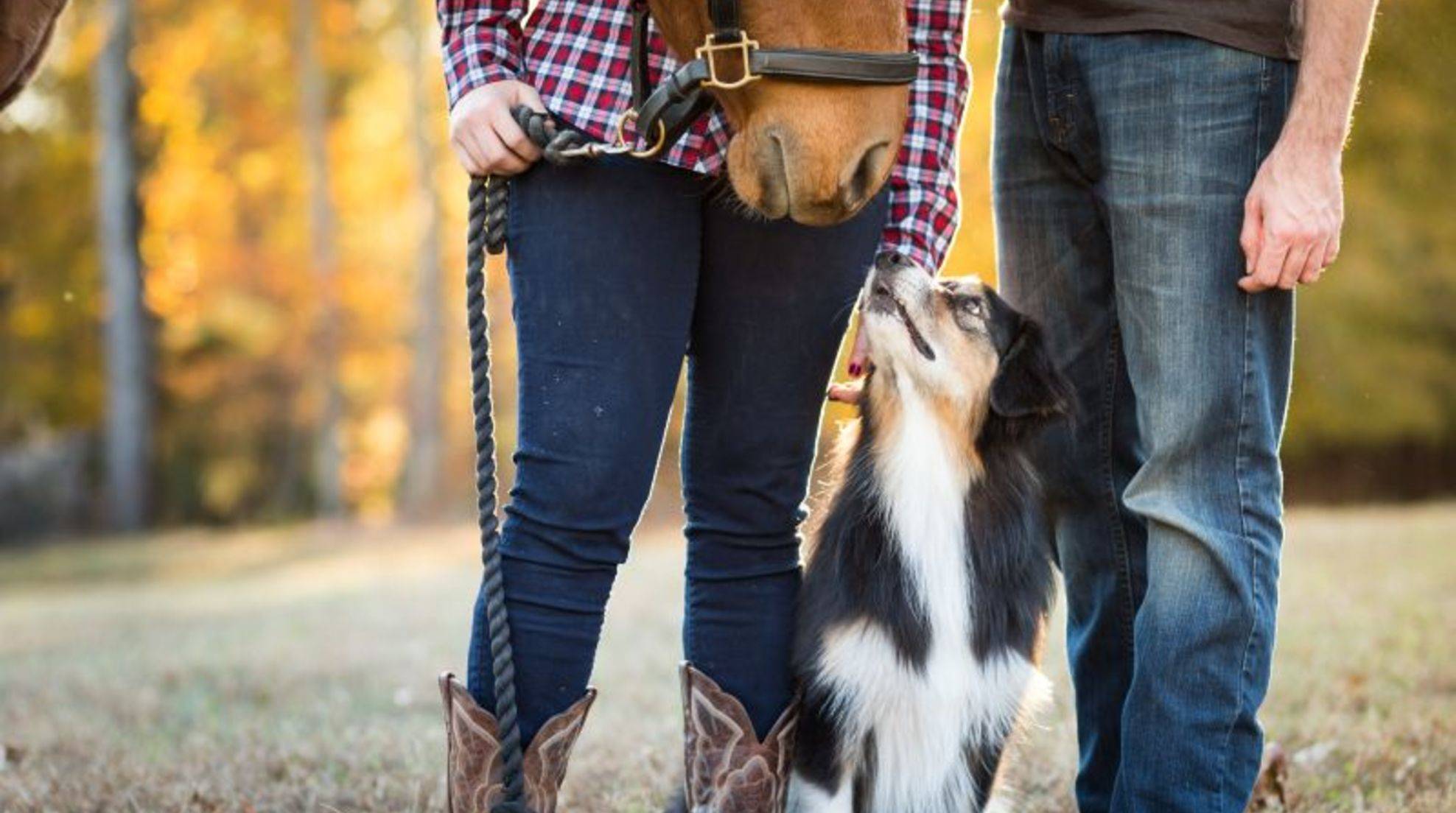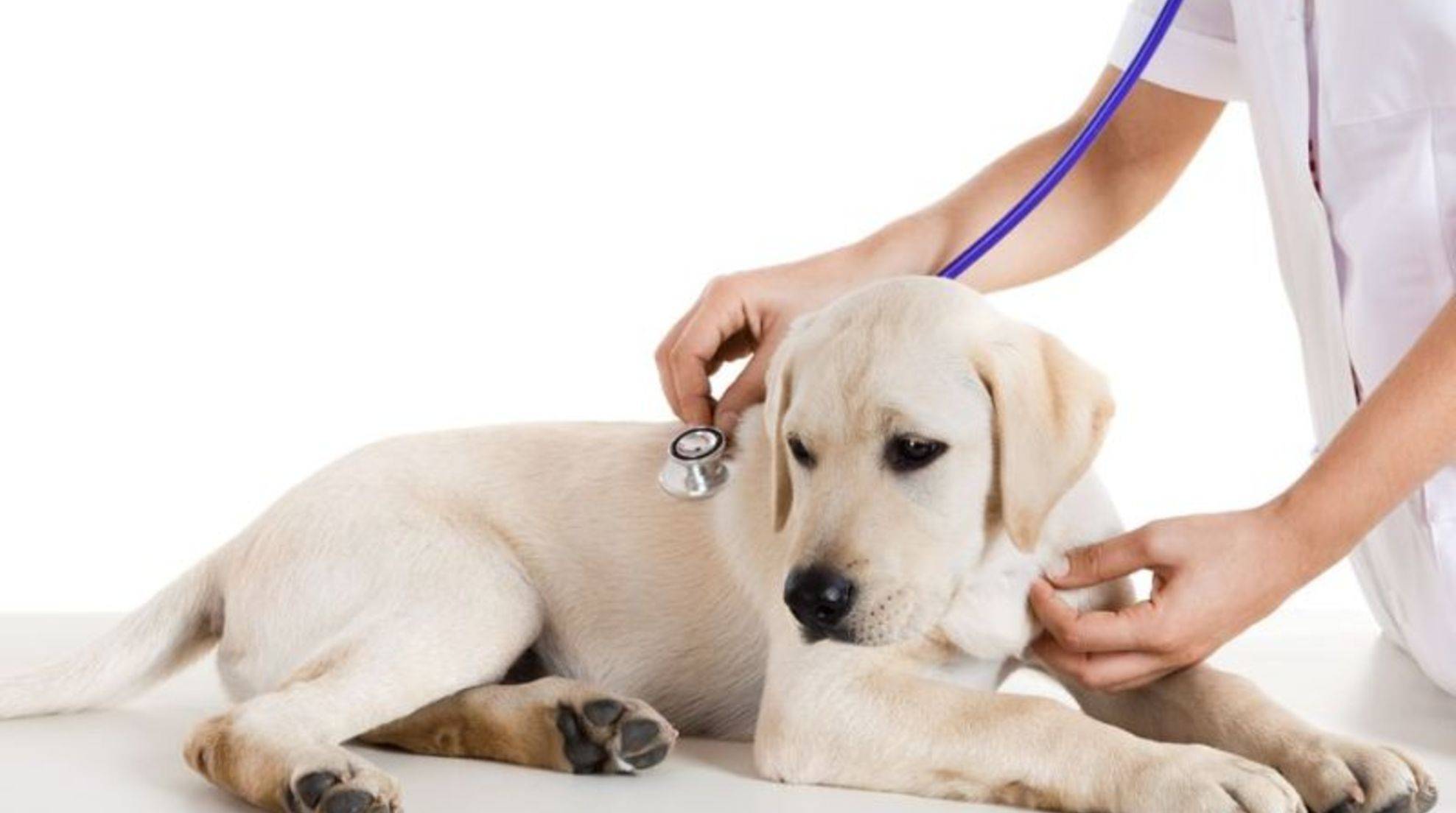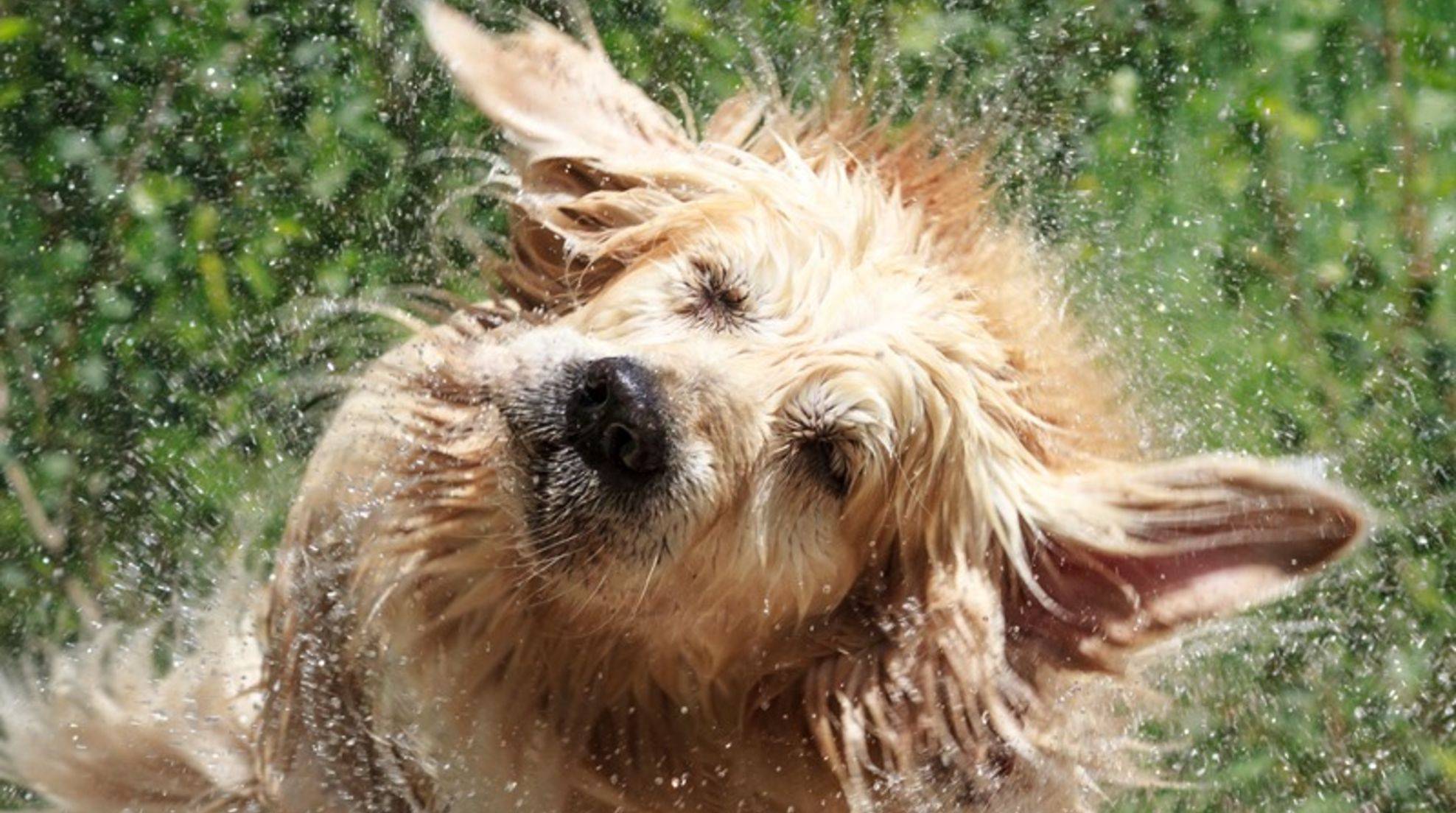Feeding puppies correctly: What the young dog needs
For small puppies to develop well, appropriate nutrition is particularly important. How to feed your little four-legged friend properly and give him everything he needs.
Of course, the beloved four-legged friend always needs a healthy and wholesome food. But especially puppies depend on important nutrients and vitamins for proper growth and development. With the right nutrition, you lay the foundation in this stage of your little dog’s life for him to become a lively, strong and healthy fellow.
Getting your puppy used to solid food
If a puppy no longer gets enough mother’s milk via the teat of the dog mother, the little rascal must be accustomed to solid food. At best, start feeding small amounts from the fifth week of life. Specialized stores offer special food for this transitional phase, which usually guarantees optimal care for the little one. Offer it initially as a porridge mixed with lukewarm water. There should be four to five portions at the beginning, until you slowly reduce the number after a while and increase the portions themselves. For comparison: An adult quadruped receives only up to two meals per day.
If your new family member comes directly from a breeder, he is usually already used to solid food. Of course, this makes it easier for you. You can ask your breeder directly what he fed the little rascal and continue this diet.
The right puppy food for the young dog
In principle, it is commendable if you want to cook your four-legged friend yourself. However, as long as he is still a puppy, you run the risk of not ensuring him all the necessary nutrients through food. Reach calmly to special kinds of food for puppies from the specialized trade. Because these may only be labeled as such if they are suitable for the young animals. If you want to be absolutely sure, pay attention to the composition of the food when buying it. The food must contain enough protein, fat, carbohydrates, minerals such as calcium and vitamins. The ratio of the individual ingredients should also be correct. Also check the food for grain additives. These are not good for the digestion of the little rascals and should be contained in extremely small quantities or better not at all in the feed.
Also keep in mind that high-energy puppy food contains many minerals and growth-promoting nutrients. If you have chosen a large breed of dog, do not feed it for too long and make sure that the portions are not too large. Otherwise, these dogs grow very fast, which can bring health problems later, for example, hip dysplasia.

